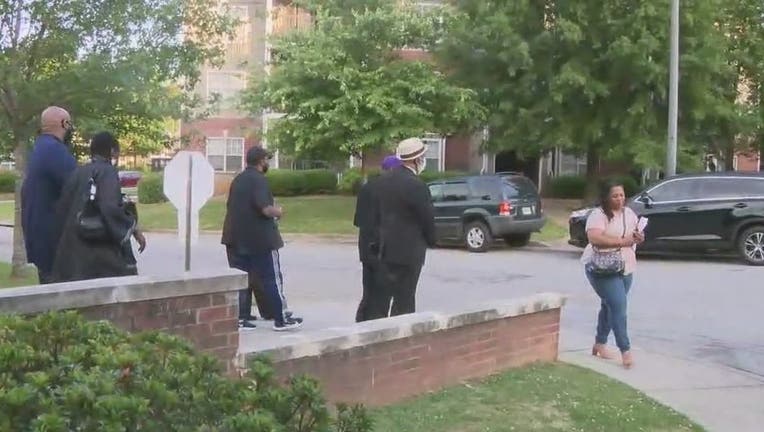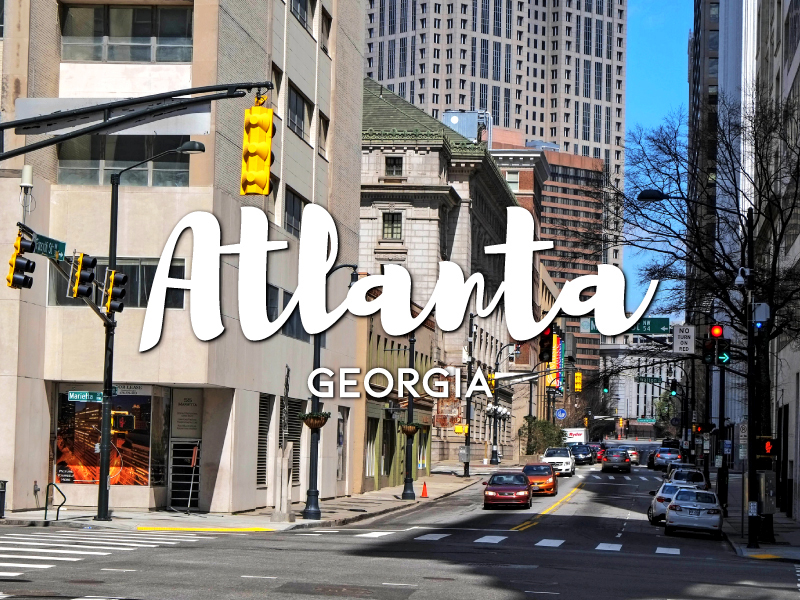Violence and Survival in Atlanta’s Vine City Neighborhood
Twon, a 17-year-old boy selling drinks on the street in Vine City, Atlanta got shot over $20 in May. He sold Gatorade and Dasani because his family needed food. A driver gave him an extra $20 which led to a fight and Twon got shot. He won’t talk to police and is trying out for football instead, according to the report of Atlanta Magazine.
Atlanta Mayor Bottoms’ Decision Not to Seek Reelection Amid High Crime Rates and Political Challenges
As Twon was being taken into surgery, Atlanta Mayor Keisha Lance Bottoms announced she wasn’t running for reelection. With crime rates high and she knew she would lose to anyone promising to keep kids safe. Crime hurt her political career.
Addressing Long-Term Issues Behind Crime in Atlanta
During the 2021 mayoral and city council campaigns, crime was a major topic. Candidates promised to increase police numbers though the real issues behind crime are long-term problems. Atlanta’s crime conversation often stays shallow focusing on headlines and mugshots.
Acknowledging Systemic Issues Amid Public Fear
Despite public fear of crime Atlanta’s leaders are hesitant to address it deeply. They’ve heard complaints about urban crime for decades. Mayor Bottoms acknowledged the systemic issues causing crime but felt unable to make people see them.
Why Blaming Police Dysfunction Oversimplifies Atlanta’s Complex Issues
Avoiding the problem of crime is common because it’s easier than facing it. Blaming police dysfunction is a simpler explanation than acknowledging societal issues. Hiring more police is often seen as the solution but Atlanta already has many police officers compared to other cities.
Analyzing Atlanta’s Trends Amid Growing Distrust and Economic Stress
Even though police numbers decreased from 2013 to 2019, crime rates also fell. The idea that more police equals less crime is not supported by the data. Distrust of police grew after the death of Rayshard Brooks causing a drop in 911 calls and a police walkout. The increase in violent crime began before Brooks’s death likely due to the economic stress from the pandemic.

(photo: FOX 5 Atlanta)
Methods, Instability, and the Struggles of Youth like Twon
Poverty in Atlanta means using unconventional methods to survive, like avoiding banks and self-checkout theft. It creates instability forcing families to move frequently. Poverty is a constant struggle seen in kids like Twon selling water on the streets.
Volkan Topalli Explains the Cycle of Despair
Desperation can lead to bad decisions and crime, as criminology professor Volkan Topalli explained. People caught in cycles of despair feel like they have nothing to lose and engage in crime for quick rewards.
Economic Challenges and Homelessness Disproportionately Affect Black Residents
Atlanta is very unequal, with huge income gaps between the wealthy and the poor. Many Black people come to Atlanta for opportunities but face significant economic challenges. The median income for white households is much higher than for Black households and the city’s homelessness problem is mostly Black.
Inequalities and Surging Violence in Vulnerable Black Communities
The pandemic worsened existing inequalities. Many people in Atlanta live in poor housing conditions and the pandemic caused a surge in domestic violence. Most victims of violent crime in Atlanta are Black and the city’s crime increase is one of the highest in the country.
Atlanta’s Clubs Remain Hotspots for Violence Despite Heavy Police Presence
Clubs and nightlife in Atlanta, like those on Edgewood Avenue, are hotspots for violence. Even with a heavy police presence shootings still happen. The victims are often young Black men trying to make a living in the city’s hustle culture.
Addressing Atlanta’s Deep-Rooted Crime and Inequality
Atlanta’s crime and inequality are deep-rooted issues amplified by the pandemic. Solutions require addressing systemic problems and not just increasing police numbers. The city’s prosperity contrasts starkly with the struggles of its poor creating a complex and challenging environment.

















































